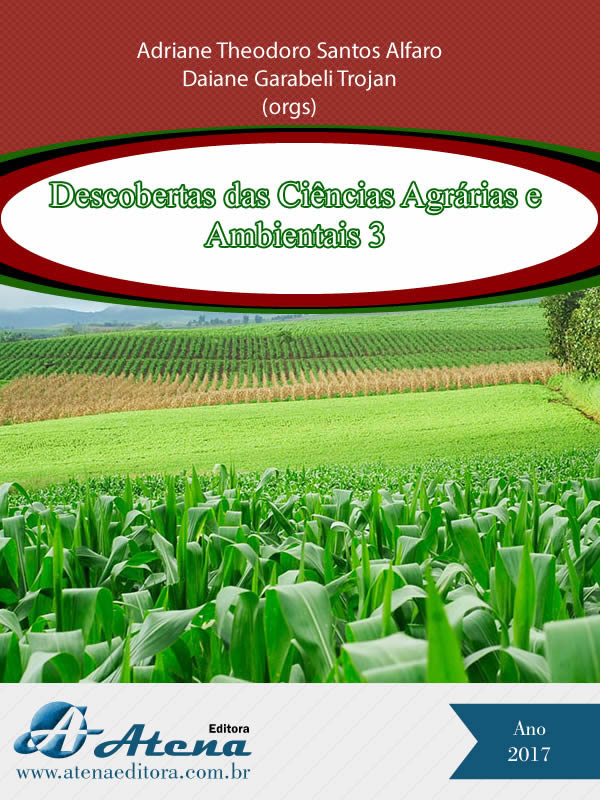
INFLUÊNCIA DA VEGETAÇÃO NATIVA RASTEIRA DA CAATINGA SOBRE A LÂMINA ESCOADA E A PRODUÇÃO DE SEDIMENTOS NO SEMIÁRIDO PARAIBANO
supressão da cobertura vegetal associada aos eventos de precipitação
de grande intensidade e curta duração, ao relevo e aos tipos de solo da região do
semiárido favorecem os processos erosivos. Objetivou-se avaliar a influência da
cobertura vegetal sobre o escoamento e a produção de sedimentos em duas
parcelas de erosão tipo Wischmeier (P1 e P2) no período de 2001 a 2003 no
município de São João do Cariri, PB. Com base nos resultados obtidos verificou-se
que em 2001, ano em que a parcela de erosão P1 foi totalmente desmatada e a
parcela P2 permaneceu em regime de pousio, a lâmina escoada e produção de
sedimentos foram maiores em P1. Desta forma, evidencia-se a importância da
cobertura vegetal na atenuação da ação da força mecânica das gotas de água de
chuva sobre o solo nu em comparação a um solo com vegetação. Para os anos de
2002 e 2003, quando ambas as parcelas P1 e P2 estavam sob o regime de
desmatamento total, a lâmina escoada e a produção de sedimentos foram maiores
em P1 devido à presença ainda de vestígios de sistema radicular das plantas o que
favoreceu a infiltração da água no solo. Para todo o período avaliado, a produção
de sedimentos foi 51,63 vezes superior na parcela P1 em relação à P2 para o
mesmo volume precipitado. A produção total de sedimentos (12091,35 kg ha-1) e
de lâmina escoada (297,67 mm) ocorreu entre 2002 e 2003 para P1 totalmente
desmatada.
INFLUÊNCIA DA VEGETAÇÃO NATIVA RASTEIRA DA CAATINGA SOBRE A LÂMINA ESCOADA E A PRODUÇÃO DE SEDIMENTOS NO SEMIÁRIDO PARAIBANO
-
DOI: Atena
-
Palavras-chave: Família Poaceae, regime de pousio, desmatamento, parcelas de erosão.
-
Keywords: Family Poaceae, set-aside scheme, small, erosion plots.
-
Abstract:
The suppression of vegetation cover associated to the events of high
intensity and short duration precipitation, relief and soil types of the semi-arid
region favor erosion processes. The objective of this study was to evaluate the
influence of vegetation on runoff and sediment production in two Wischmeier type
erosion (P1 and P2) using data from 2001 to 2003, in municipality of São João do
Cariri, PB. Based on the results obtained, it was verified that in 2001, when the P1
erosion portion was completely deforested and the P2 portion remained in the
fallow regime, the runoff and sediment production were higher in P1. In this way,
the importance of the vegetal cover in the attenuation of the action of the
mechanical force of the raindrops on discovered soil in comparison with a soil with
vegetal cover is evidenced. For 2002 and 2003, when both plots P1 and P2 were
under the total deforestation regime, the runoff and sediment production were
higher in P1 due to the presence of traces of root system of the plants, which
favored infiltration of water into the soil. For all evaluated period, sediment
production was 51.63 times higher in portion P1 than in P2 for the same
precipitated volume. The total value of runoff (297,67 mm) and sediment
production (12091,35 kg ha-1 kg ha-1) occurred between 2002 and 2003 for P1.
-
Número de páginas: 15
- Luana da Rocha Ribeiro


